Ryusuke Hamaguchi has been a big name in his home country of Japan for several years now, as his movies have been on the awards circuits and talked about ever since his graduation film was screened at Tokyo Filmex. Although Hamaguchi’s work has increasingly been getting nods at the international film festivals, it wasn’t until 2021 that he achieved real international fame when his three hour-long saga Drive My Car won the Academy Award for Best International Feature Film while also being nominated for Best Picture and Best Director. Two years later, Hamaguchi’s next film, Evil Does Not Exist, is also making waves.
Evil Does Not Exist took home the Grand Jury Prize and FIPRESCI Award at the Venice International Film Festival, and had screenings at the Toronto International Film Festival and the New York Film Festival. The movie originally began as a short film, but as Hamaguchi began production, he saw a vision where the content could become a feature film and ran with it. The result is a tight, neat movie under two hours that packs quite a bit of a punch — it’s just a journey of getting to that point, no matter how bizarre the ending might be.
The film tells the story of a rural countryside community that feels threatened when a large Tokyo-based company buys land in their local forest with the intent of turning it into a camping site for urban tourists. However, this will cause some major issues with not only the people living there, but the land as well. Many of the themes brought up in the movie are highly relevant across many \countries, calling into question the ethics of environmental exploitation, capitalistic pursuits, and how everyone is capable of evil if pushed to a certain point.
Developing Glamping in a Small Town
NEOPA Inc.
The Japanese countryside has been in the news for its rate of population decline, as many young people are moving away to major cities in search of more opportunities when compared to their hometowns. Evil Does Not Exist takes place in one of these small towns in the rural countryside of Japan, and the film’s protagonist, Takumi, lives there with his elementary school daughter, Hana. He works multiple jobs in order to survive and make it in his daily life, and he often forgets to pick his daughter up on time. Despite her young age, she realizes this and walks herself home when she knows her father is working.
There’s a certain way of living in these kinds of towns, and these small communities are tight-knit. In this specific town, the people live off of the land — one of Takumi’s many jobs is collecting well water by hand. He scoops out the water with a pot and puts it into containers, which are then used by the restaurants, businesses, and local people for a variety of tasks. There’s a specific system set up already in this town, and the ripple effect that’s about to break them and their way of living is the arrival of a Tokyo-based company called Playmode.
Playmode has bought land in the forest and wants to turn it into a glamping concept, which is their version of ‘glamorous camping.’ They intend to bring in tourists from the major cities like Tokyo and have them come out into the wilderness, but in a luxurious experience. The beginnings of conflict begin when they hold a briefing with members of the town, showing them what they plan to do. When it comes time for questions and concerns, Takumi and his fellow neighbors express that they think the company’s plans are going to ruin the local ecology and environment, especially when it comes to the town’s freshwater and well resources.
Related: Passion Review: A Moody Movie-Ghost of Ryusuke Hamaguchi’s Past
After some back and forth, the remainder of the film grapples with the potential impacts of such a thing happening in a small town. It’s specific in its commentary about the friction between urbanization and rural living, as well as the attitudes people from the urban centers have towards their rural counterparts. At the same time, the urban company doesn’t actually want to hear about their issues — they’re going to go forth with the project whether the people living in the town like it or not.
The Sinister Yet Beautiful Undertones of Nature
NEOPA Inc.
Hamaguchi spends extensive time training the camera on the natural world surrounding these characters. One of the opening scenes in the movie is simply looking up at the trees, establishing a connection with nature before we move onto the more human elements. Even when the people around the camera are changing over the course of the movie, Hamaguchi returns to this shot in the very end, showing how some things won’t change at the moment despite these arguments over how they should be altered or kept the same. As the film creeps towards its climax, it proves to be a snapping point for certain characters, making the world seem harsher then, too.
On a technical level, Evil Does Not Exist is an incredible force, showing how movies can transport us into entirely new worlds through even simple cinematographic techniques. Some of the camera angles that could be seen when Hamaguchi made Drive My Car can be witnessed here, as a camera is attached to the car at some points of the movie, physically moving with the characters and seeing what they’re leaving behind or moving towards. The external world plays a major, watching force as the human characters of the film run around wreaking havoc.
Related: The 25 Most Influential Japanese Movie Directors of All Time
And it is nature that serves as the silent witness to the ugliness of humanity throughout Evil Does Not Exist. Even when it seems like certain characters have the right to be angry about what is going on, and they don’t do anything malicious about it, the metaphorical rug is pulled beneath our feet and everything inverts. As Evil Does Not Exist hurtles towards its ending, it serves as a form of a trick mirror, showing that capitalists and community-based individuals can make equally terrible decisions about each other. Evil can and will exist in almost every scenario possible, but it’s up to the individual person to move past that at the end of the day.
Interesting Themes, Little Traction
NEOPA Inc.
Throughout the course of Evil Does Not Exist, Hamaguchi proves why he’s such a master at filmmaking, and this movie raises to the surface universal issues that aren’t just happening in Japan at this moment. One could simplify its message down to the constant tether of environmental exploitation to capitalistic pursuits, as those involved with the glamping project, at first, don’t actually care to go out and hear the perspectives of the local townspeople. When the company sends its representatives, who actually work at a talent agency, that becomes abundantly clear. Everyone is complicit, as Takumi points out, as the people who live in this town aren’t originally from there, either.
Evil Does Not Exist is one of those films that’s full of a quiet sense of loss, as despite the resistance of the townspeople, the land has already been bought. They truly have no say in what’s to happen in their area, and, as seen with the gunshots being heard in the distance throughout the movie, the underlying power lies elsewhere when it comes to the world around them. Danger comes from other avenues, and no matter how safe one might feel, there are predators existing around every corner and in the shadows. One simply just has to keep an eye out for them.
This is a movie that has a shocking ending that completely changes the course of the narrative, but then it simply ends right there. And maybe with everything that has happened before this explosive moment, there isn’t an ending that could make anyone happy in the story. Hamaguchi rose to acclaim showing the humanity of the theater director in the Academy Award-winning Japanese film Drive My Car, which clocked in at three hours, but Evil Does Not Exist exposes the darkness lying within us all. When pushed to the limits, even the supposedly evil people can be good, hating their jobs and circumstances, and the victims can become perpetrators.
Evil Does Not Exist was screened at the 2023 New York Film Festival. Watch this space for more information about its wider release.
You can view the original article HERE.

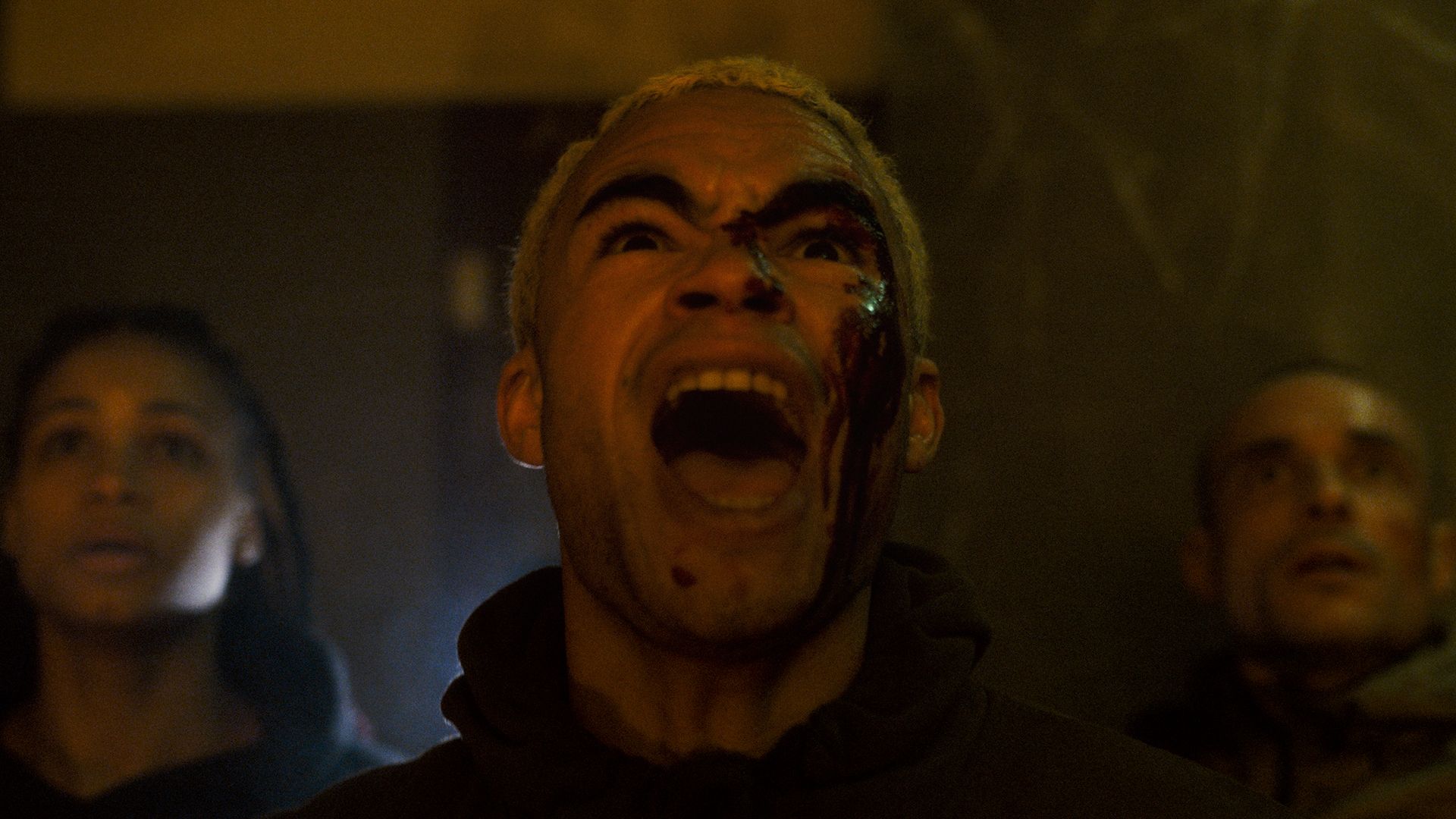


:quality(85):upscale()/2024/04/23/768/n/1922283/782961d76627ef4f94f4b3.68894570_.jpg)

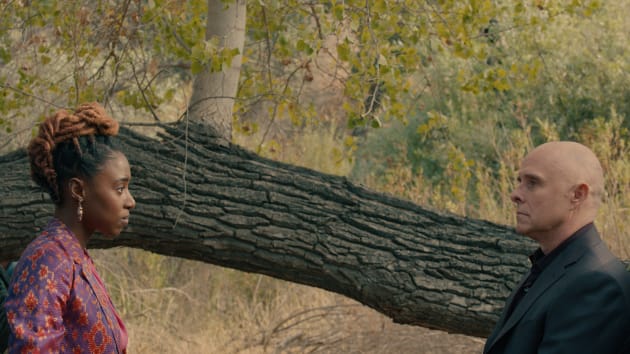





:quality(85):upscale()/2024/04/17/811/n/1922398/f02cacdb662014fbce5721.71298267_.jpg)





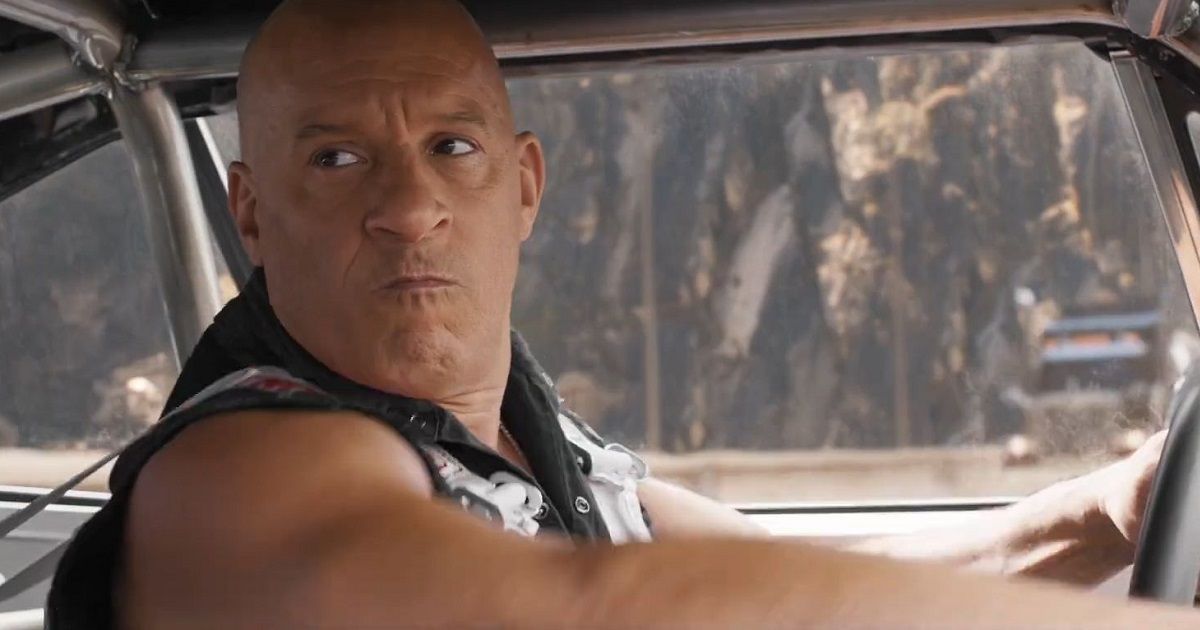
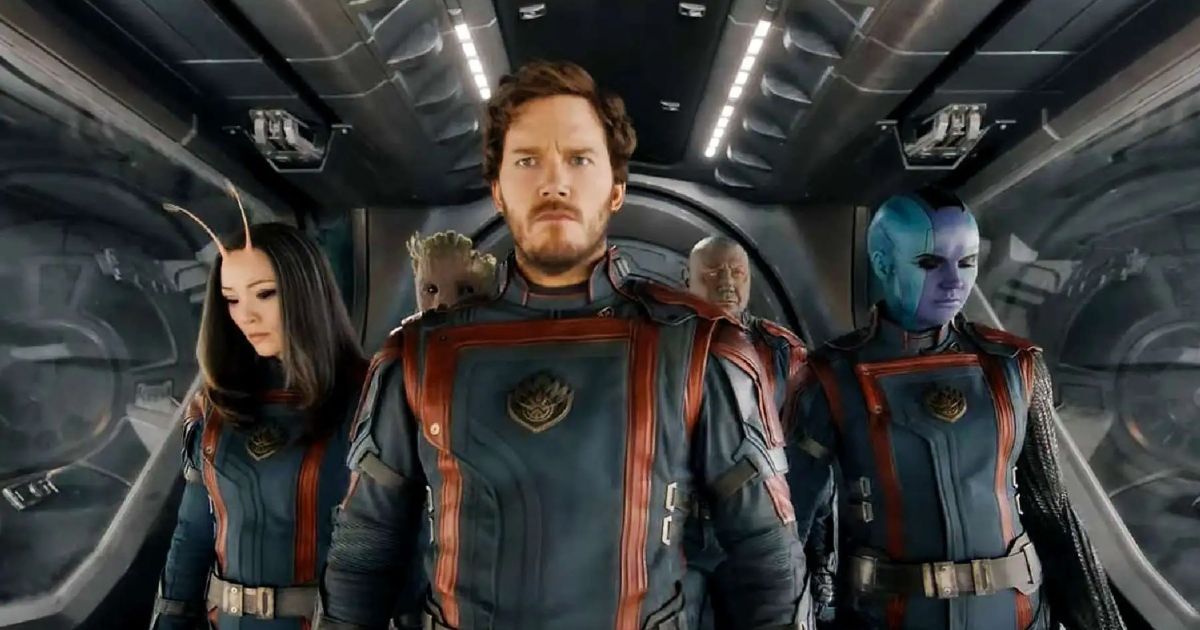

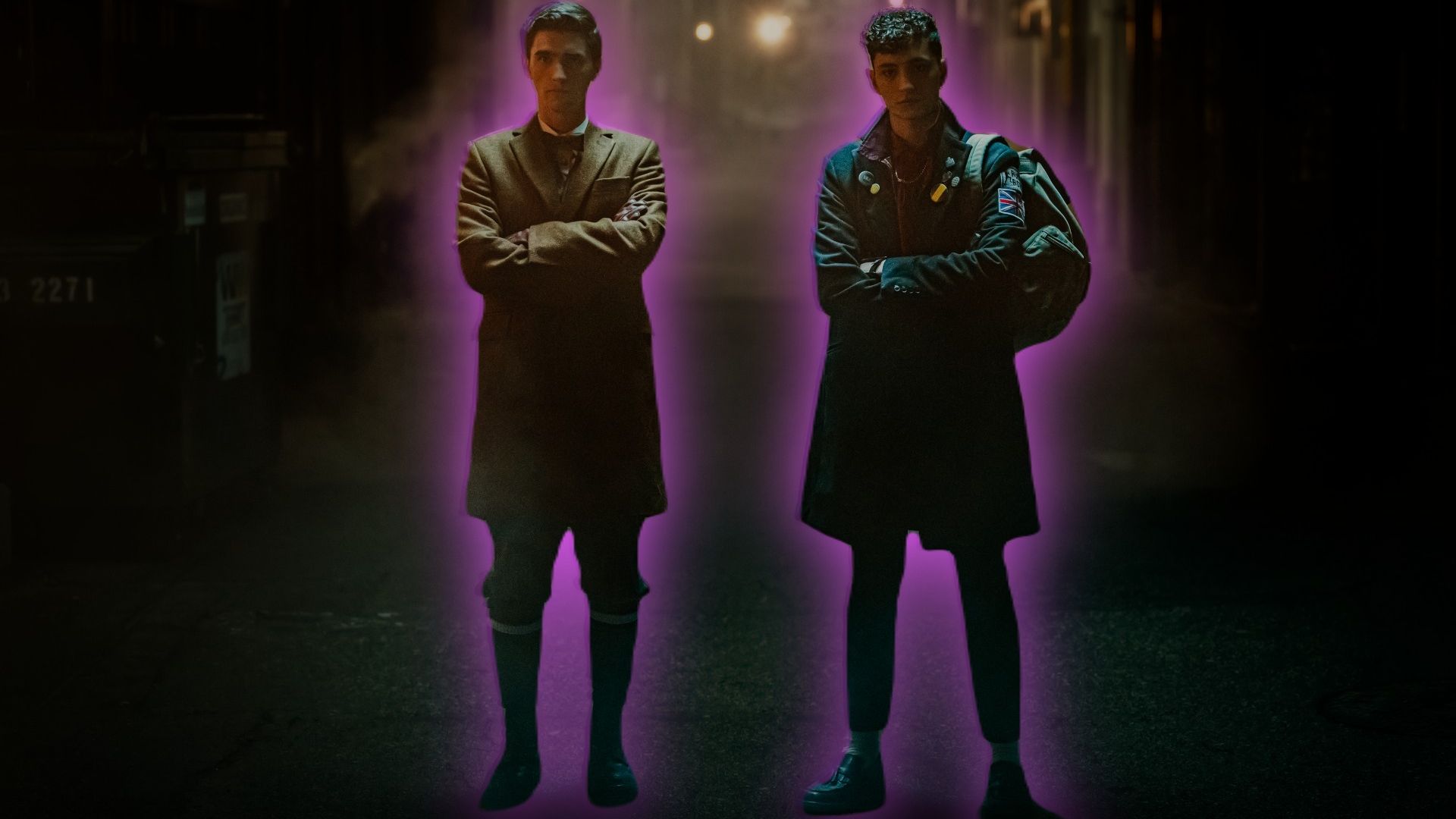





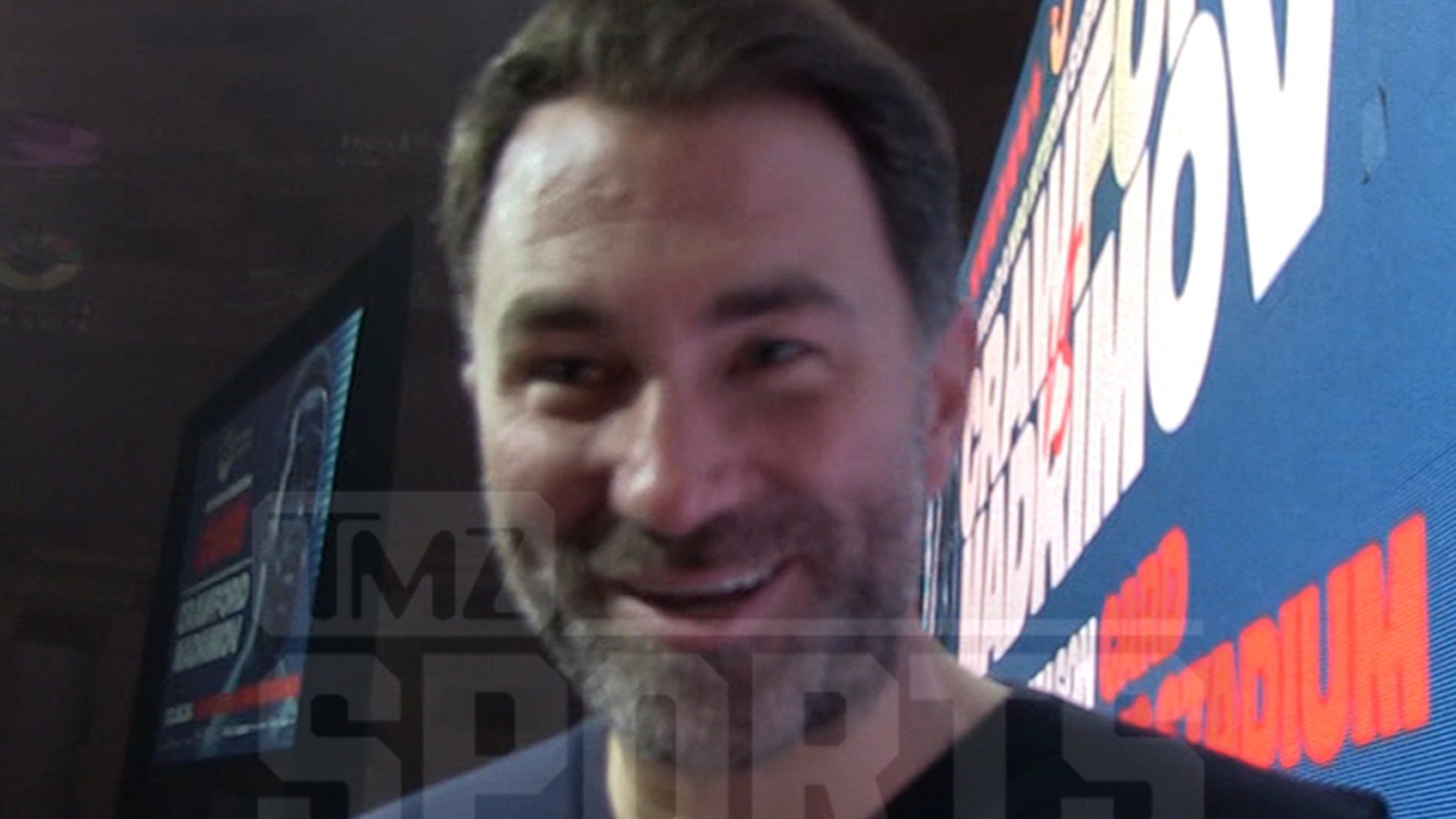

:quality(85):upscale()/2024/04/26/942/n/1922564/922a9e89662c1e7fc894b2.65383312_.jpg)

:quality(85):upscale()/2024/04/23/103/n/1922564/4749edea6628605c71c3f6.29683549_.jpg)
